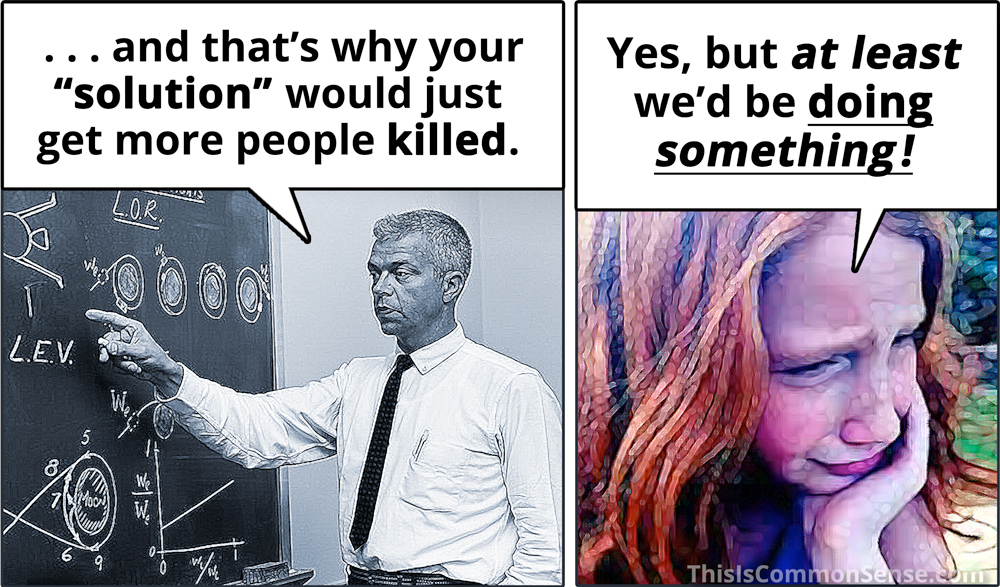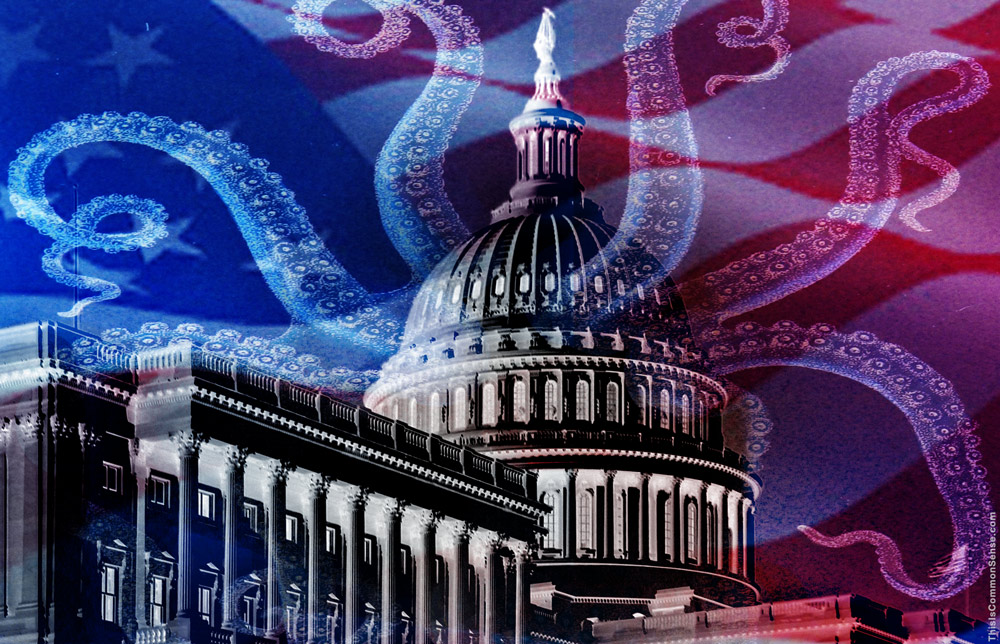Virtue signaling won’t stop a mass shooter.
Nor will scoring political points.
If we earnestly want to focus on preventing these horrific attacks, let’s stop wasting everybody’s time advocating new laws that we already know, had they been in effect, would not have stopped the Uvalde, Texas, school shooting.
Or the recent massacre in Buffalo.
Or virtually any other murder spree.
“On the specifics,” Face the Nation host Margaret Brennan asked Sen. Chris Murphy (D-Conn.), “how would your federal background check have stopped either of these two shooters in Buffalo and in Texas? Neither of them had criminal records.”
“I just don’t get into the trap of having to write a law for the last mass shooting that captured the nation’s attention,” the senator responded, arguing that “on the same day of the shooting in Uvalde, there were 100 plus other people in this country who died.”
Sen. Murphy was anything but frank, certainly, but it was an admission that his proposal is clearly not geared toward stopping massacres by gunmen.
Americans should ignore the political circus, realizing that the politicians are working on other agendas while these killers have serious and often completely untreated mental health issues. Let’s concentrate public policy — and everyday neighborliness — there.
Lastly, while some dismiss the value of “thoughts and prayers,” I do not. There is a social, emotional, spiritual element that I think we totally discard when all we can talk about is what a bunch of corrupt folks in Washington “must do” to solve our problems.
On the other hand, a return to a culture of mourning, thoughts and prayers might at least sober up those drunk on power.
This is Common Sense. I’m Paul Jacob.
—
See all recent commentary
(simplified and organized)




